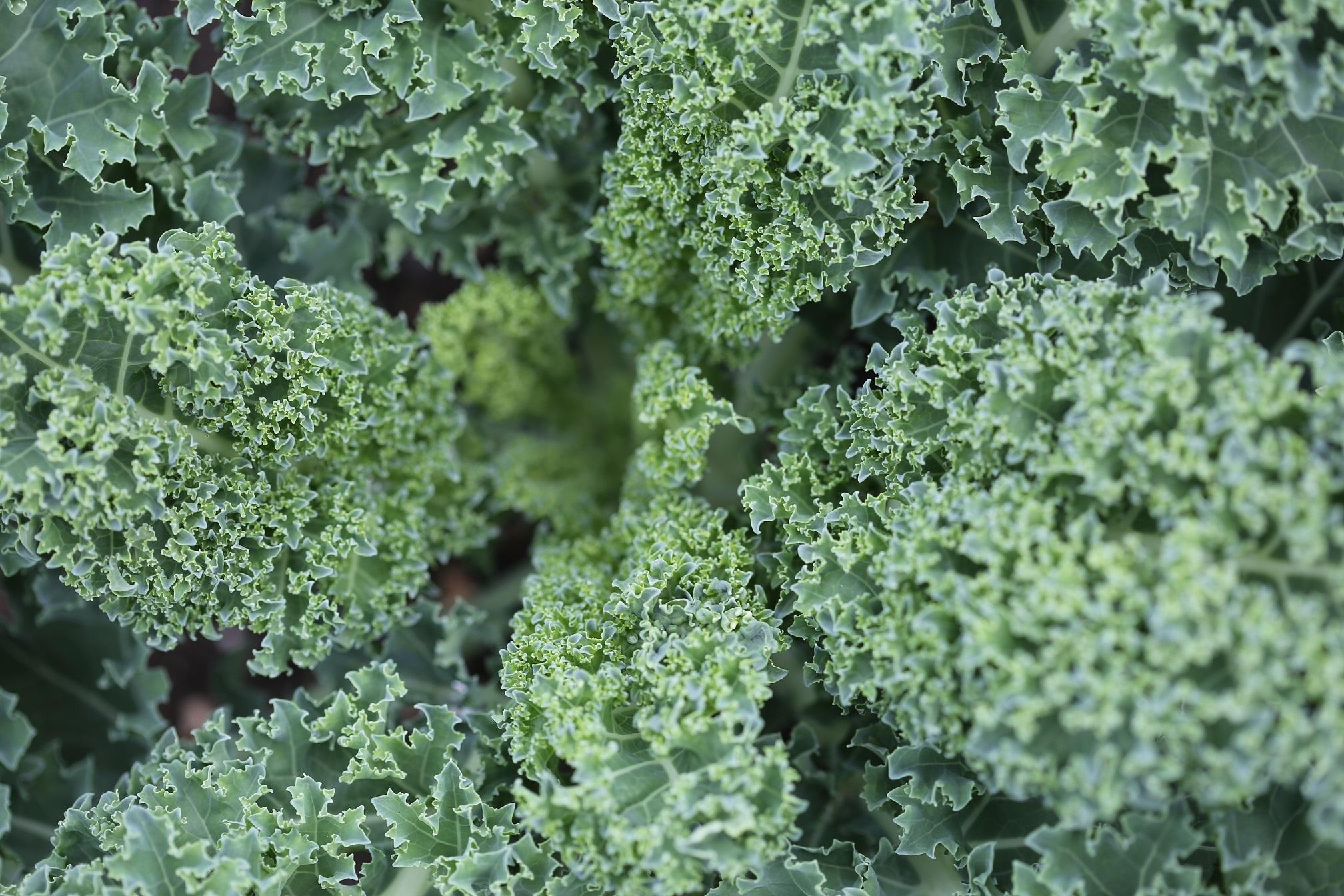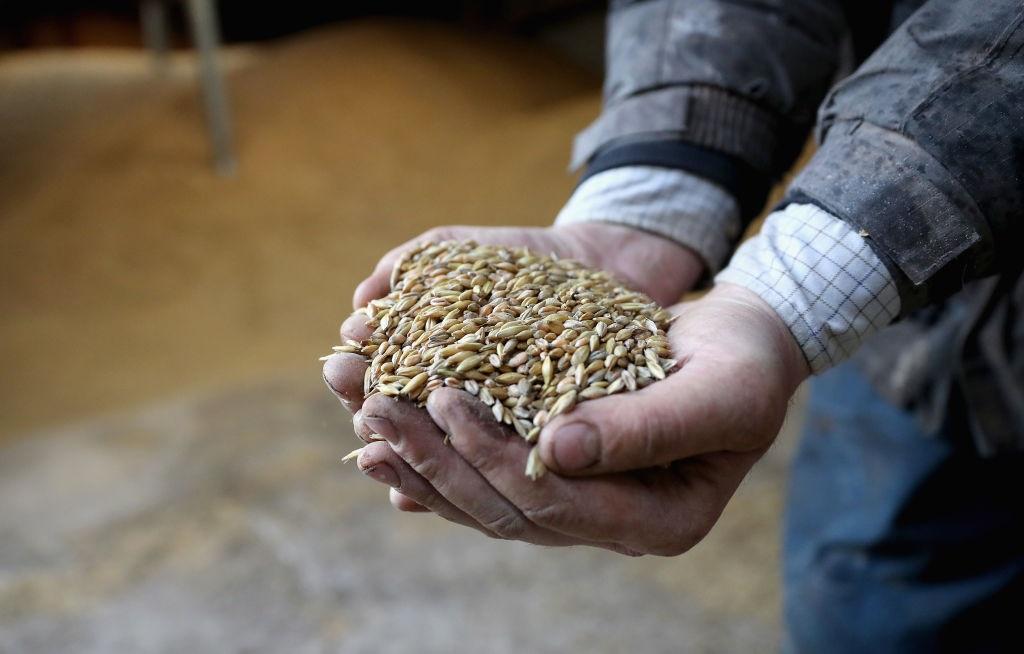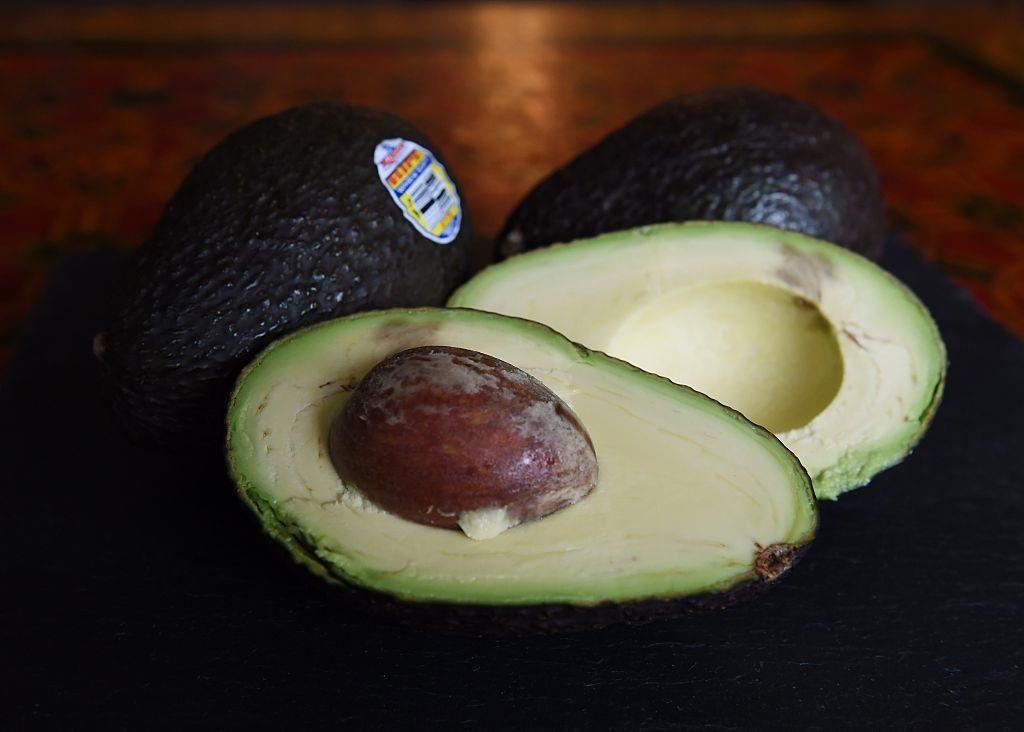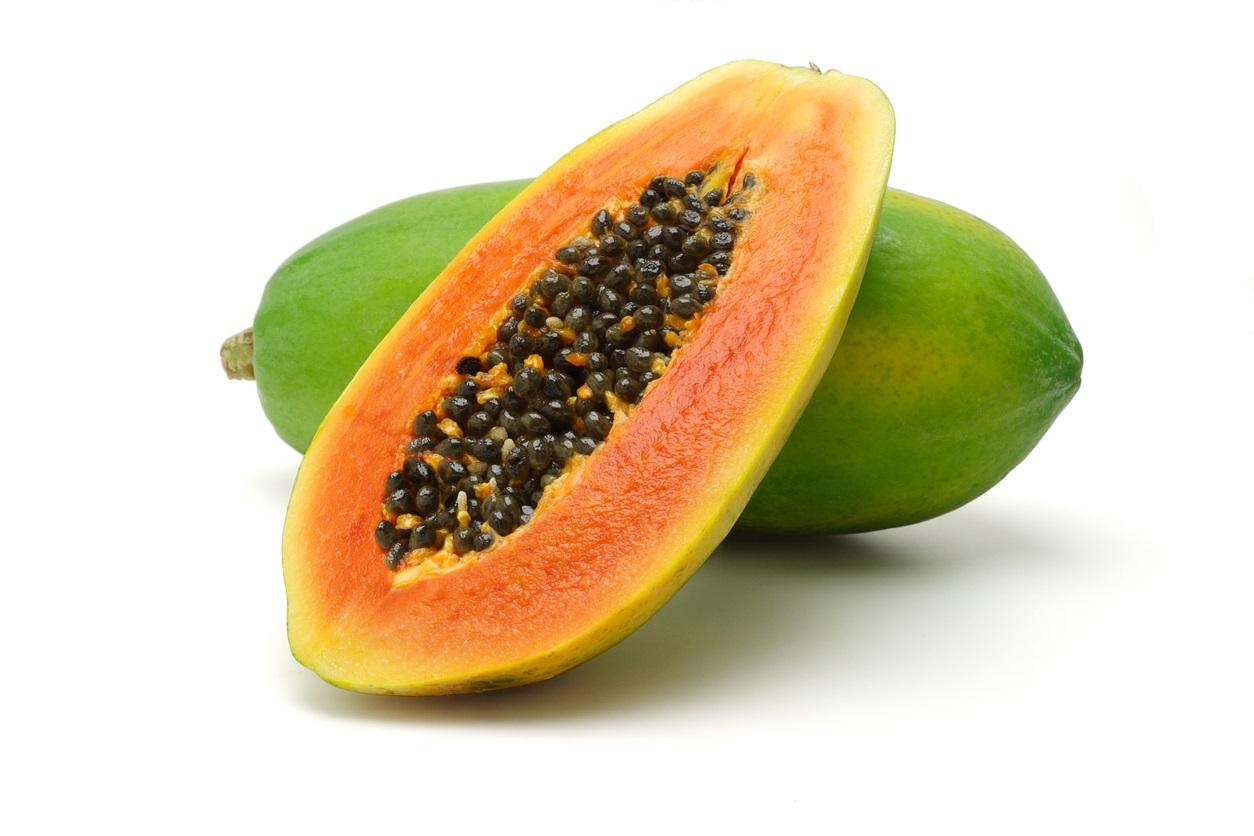5 Healthy Foods Known To Improve The Quality Of Breast Milk
You may no longer be pregnant, but if you're breastfeeding, nutrition is still important to think about. The good news is, there are many healthy, delicious foods that can increase the quality of your milk. Here are five such foods to try.
Updated May 24 2019, 6:58 a.m. ET
Moms have a lot to think about when it comes to the health, safety, and happiness of their babies, even during pregnancy. For example, it is common for pregnant women to eat foods which are known to aid in fetal development. But what about after your baby is born? If you're breastfeeding, your diet still affects your baby directly, because it impacts the nutritional content of your breast milk. The good news is, there are many natural foods out there that can benefit your health, as well as the quality and quantity of your breast milk.
Here are five such foods, all of which are typically available at your local farmer's market or grocery store, relatively affordable, and easy to prepare. And of course, always consult with your doctor when it comes to your dietary and nutritional needs, as individual results may vary.
1. Kale
Dark, leafy vegetables, like kale and spinach, are known for their health benefits. They are especially important for breastfeeding mothers, as just one cup of this super veggie packs three grams of protein and two and a half grams of fiber. Kale also contains alpha-linolenic acid, an omega-3 fatty acid, and along with the calcium and iron found in kale, can help encourage milk production.
If you're struggling with milk supply, try adding adding another serving of kale on top of the recommended one per day. Kale is relatively inexpensive, available in just about any produce section, and organic varieties are plentiful.
2. Barley
Barley, along with oats and other whole grains, can increase milk production. In fact, many lactogenic beverages, specially-formulated for mothers struggling to produce enough milk, use barley as their base! Barley contains fiber to help you stay full and to aid in digestion, as well as vitamin B3 which is able to pass directly to breast milk. One cup of barley per day is recommended for those with an adequate milk supply, two cups is recommended for those struggling to produce.
There are many ways to enjoy this versatile grain. Add it to oatmeal, sprinkle it into salads or yogurt, or let it aid in your hydration regimen by making barley water. Simply add barley to water, bring to a boil, pass through a sieve, then drink the cooking water.
3. Avocadoes
Fats are an important part of a healthy diet for breastfeeding mothers. Your body needs fats in order to make the fatty milk that your baby gets during each feeding. But not all fat must come from meat. In addition to their high concentration of vitamins and minerals, avocados are high in fat. A single avocado packs 21 grams.
It is recommended that breastfeeding women consume an extra 250-500 calories per day, and fats can be very helpful, to that end. However, trans fats, such as those found in margarine and baked goods, should be avoided.
4. Eggs
Protein is just as critical during breastfeeding as it was during pregnancy. It is recommended that breastfeeding women get three servings of protein per day--a single serving being three to four ounces. Protein can be found in many different foods, but none are quite so widely-available, inexpensive, or versatile as eggs.
A single egg packs six grams of protein, and eggs can be added to just about any meal throughout the day. Over-easy, scrambled, or in omelette form for breakfast, sprinkled into salads or used as a base for soups at lunch, and added to sandwiches or served over-easy as a side during dinner, this food can blend into your diet with no fuss at all.
5. Green Papaya
Fruit is a great way to get a quick energy boost and stock up on vitamins and minerals while breastfeeding. But what is the best fruit to eat? Green papaya, also known as unripened golden papaya, is definitely one of the top contenders. It is known to be a galactagogue--or food which increases lactation. Green papayas also include vitamins A, B, C, and E. Papaya isn't available everywhere, however.
If your local market is lacking this fruit, consider trying an international or Latin American grocery store or market. If you still have no luck, or if you simply don't care for papaya's unique texture or flavor, then you may want to reach for easier-to-find apricots, which boast many of the same benefits.





